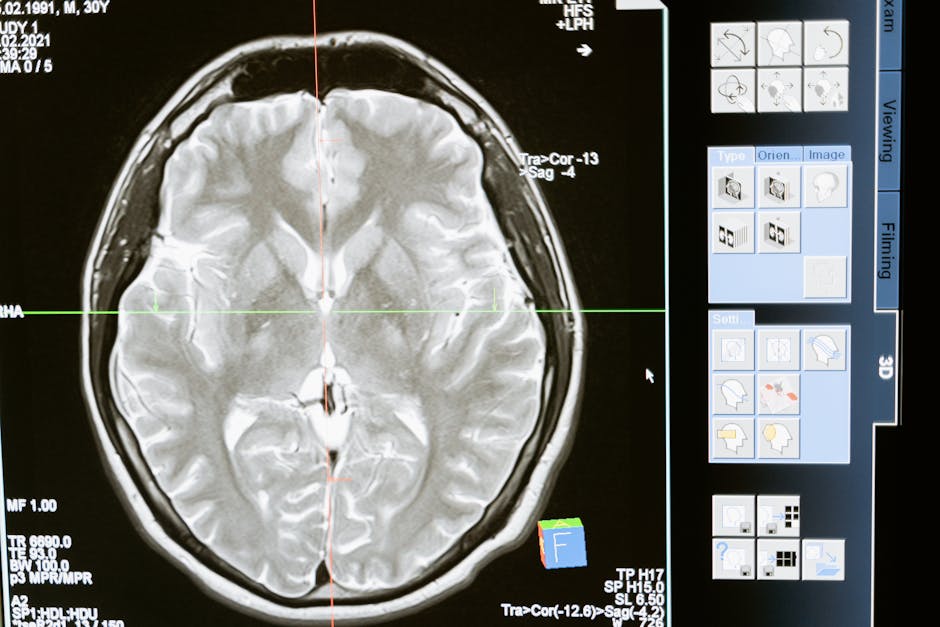Introduction to Studying Medicine Abroad
Embarking on a journey to study medicine abroad is an exciting yet daunting decision for many aspiring doctors. With the promise of diverse experiences and unique learning opportunities, it’s essential to weigh the return on investment (ROI) against the costs and challenges involved. This blog post will delve into the various facets of studying medicine abroad, offering insights into financial considerations, potential hurdles, and the opportunities that await.

Understanding the Costs
Tuition and Fees
One of the most significant factors in calculating ROI is the cost of tuition and fees. Medical schools abroad can vary widely in terms of expenses. For instance, studying in countries like Germany or Italy might offer lower tuition costs compared to the United States or United Kingdom. However, it's crucial to factor in additional expenses such as textbooks, lab fees, and other educational materials.
Before making a decision, consider exploring financial aid options. Our Pros and Cons of Financial Aid for Students article can provide valuable insights into leveraging financial support effectively.
Living Expenses
Living expenses can make a significant dent in your budget when studying abroad. Housing, food, transportation, and healthcare are all costs that vary drastically depending on the country and city you choose. For example, living in a city like Paris might be costlier than in a smaller town in Eastern Europe.
Tip: Research the cost of living in your destination city well in advance. This will help you budget accordingly and identify potential savings opportunities.
Hurdles to Overcome
Language Barriers
Language barriers can be a significant challenge when studying medicine abroad. Many programs offer courses in English, but you might still encounter language challenges in clinical settings or daily interactions. It's beneficial to learn the local language to enhance your experience and communication skills.
Consider enrolling in language courses before departure or during your studies for smoother integration into the community.
Regulatory and Licensing Differences
Another hurdle is understanding the regulatory and licensing requirements that differ from country to country. If you plan to practice medicine in your home country after graduation, ensure that your degree is recognized and meets local licensing requirements. Researching these aspects can save you from future headaches.
For a comprehensive understanding of navigating academic and career pathways, our Top Tips for Navigating Graduate School can be a valuable resource.
Opportunities and Benefits
Global Exposure and Networking
Studying medicine abroad offers unparalleled global exposure. You'll meet peers from diverse backgrounds and cultures, building a network that spans across continents. This global perspective can be invaluable in today's interconnected world, where healthcare solutions often require international collaboration.

Enhanced Career Prospects
Graduating from an international medical program can enhance your career prospects. Employers often value the diverse experiences and problem-solving skills gained from studying abroad. Additionally, some countries offer post-graduation work opportunities, allowing you to gain practical experience while exploring different health systems.
To evaluate how studying abroad might align with your career goals, check out How to Compare Options When Considering Career Growth.
Balancing Financial and Personal Fulfillment
Choosing to study medicine abroad is not just about financial ROI. Personal fulfillment plays a crucial role in this equation. The experiences, independence, and personal growth you'll gain can be invaluable. It's essential to balance these aspects with financial considerations, ensuring that the investment aligns with both your professional and personal aspirations.

Conclusion: Weighing the ROI
In conclusion, the ROI of studying medicine abroad is a multifaceted consideration. While the financial costs can be substantial, the opportunities for growth, learning, and networking are equally significant. By thoroughly researching options, understanding potential hurdles, and aligning your goals with both financial and personal aspirations, you can make an informed decision.
As you ponder this journey, remember that your choice should reflect both your career ambitions and your desire for personal enrichment. For more insights into educational trends, consider reading Workforce Trends: Insights from Industry Experts.



